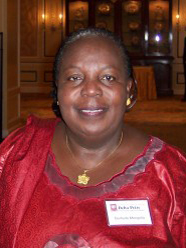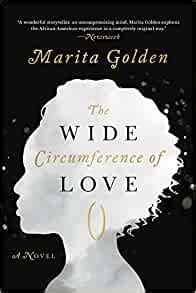A Quote by Ban Ki-moon
On this International Day for the Abolition of Slavery let us reaffirm the inherent dignity of all men, women and children. And let us redouble our efforts to build societies in which slavery truly is a term for the history books.
Related Quotes
Human beings are not property. On the International Day for the Abolition of Slavery, let us reaffirm the inherent dignity of all men, women and children. And let us redouble our efforts so that the words of the Universal Declaration of Human Rights - 'no one shall be held in slavery or servitude' - ring true.
As for slavery, there is no need for me to speak of its bad aspects. The only thing requiring explanation is the good side of slavery. I do not mean indirect slavery, the slavery of proletariat; I mean direct slavery, the slavery of the Blacks in Surinam, in Brazil, in the southern regions of North America. Direct slavery is as much the pivot upon which our present-day industrialism turns as are machinery, credit, etc. … Slavery is therefore an economic category of paramount importance.
A wise man will not leave the right to the mercy of chance, nor wish it to prevail through the power of the majority. There is but little virtue in the action of masses of men. When the majority shall at length vote for the abolition of slavery, it will be because they are indifferent to slavery, or because there is but little slavery left to be abolished by their vote. They will then be the only slaves. Only his vote can hasten the abolition of slavery who asserts his own freedom by his vote.
On this International Day of UN Peacekeepers, let us pay tribute to the men and women from countries across the world who serve selflessly, tirelessly and fearlessly in UN peacekeeping operations. Let us remember the heroes who have laid down their lives in lands far from their own in the service of peace. And let us reaffirm our commitment to building a world free from the scourge of war.
If there is any hope that we in America might one day overcome our own history of genocide, slavery, discrimination, and oppression and create a justice system that is truly a source of international pride rather than shame, I suspect Rwanda may have as much to teach us about what is required as any tour of a Norwegian prison.
Let us hear the dangers of thralldom to our consciences from ignorance, extreme poverty, and dependence; in short, from civil and political slavery. Let us see delineated before us the true map of man. Let us hear the dignity of his nature, and the noble rank he holds among the works of God-that consenting to slavery is a sacrilegious breach of trust, as offensive in the sight of God as it is derogatory from our own honor or interest or happiness-and that God Almighty has promulgated from heaven liberty, peace, and goodwill to man!
Although it has been fashionable to deny it, anti-slavery doctrines began to appear in Christian theology soon after the decline of Rome and were accompanied by the eventual disappearance of slavery in all but the fringes of Christian Europe. When Europeans subsequently instituted slavery in the New World, they did so over strenuous papal opposition, a fact that was conveniently 'lost' from history until recently. Finally, the abolition of New World slavery was initiated and achieved by Christian activists.
I think comedy allows people to accept the more difficult parts of history. And history, if it's presented wrong, is just very depressing, particularly the history of slavery. If slavery is presented properly, it's a great story. But I think that within the commercial world of storytelling in which I live, there haven't been many strong works that discuss slavery in ways that are palatable and funny and interesting to the reader.
In terms of America, I think any profound consideration is bound to return us to the notion of twins because, though you certainly can contend there are many Americas, our history has been binary from the beginning, with its hairline fracture down the country's center between what American has wanted to be and what America has been. That fracture is slavery, of course. To some extent it's still slavery, in that collectively we refuse to come to grips with the American fact of slavery.
For me, seeing our history told in this light, the ones who did rebel, the ones who did revolt, the revolutionaries, excited me. Seeing this story of the Underground Railroad ... and that is such a proud part of our history that not a lot of us know about, where these brave men and women, they were heroes, really helped tear down the system of slavery just by running.
We black women must forgive black men for not protecting us against slavery, racism, white men, our confusion, their doubts. And black men must forgive black women for our own sometimes dubious choices, divided loyalties, and lack of belief in their possibilities. Only when our sons and our daughters know that forgiveness is real, existent, and that those who love them practice it, can they form bonds as men and women that really can save and change our community.








































